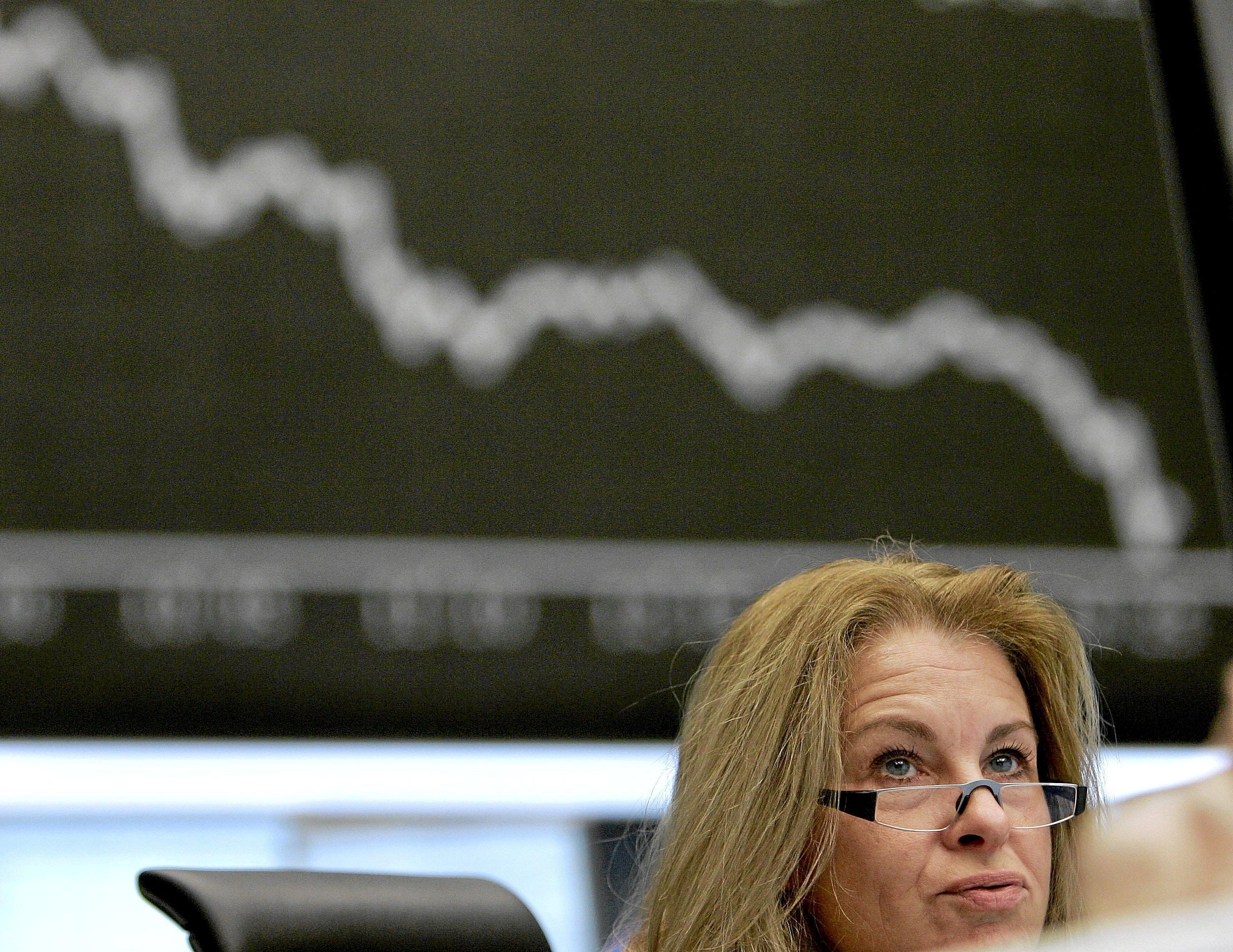"Stability" and "predictability". These are the two terms used by the President of the European Commission, Ursula von der Leyen, which the market had been eagerly awaiting, after months of very high volatility. The European Union and the US have signed the best possible agreement, with tariffs at 15% for most products, although some sectors such as steel and aluminum remain at 50%.
Stock markets are trading higher on the outcome of this negotiation, which is the least bad of the scenarios considered. It is worth noting that US President Donald Trump had threatened a 30% tariff, so investors view this agreement positively, albeit cautiously. Thus, the Ibex 35 opened on Monday with a 0.9% increase, above 14,350 points.
Among the main European stock exchanges, the session started with a significant rise in both luxury and automotive companies, but optimism faded after the initial moments. The Paris Cac 40 opened with a 0.9% gain. Among its major listed companies, giants like Kering stood out, opening with an increase of over 4%, but it was short-lived. The owner of Gucci is now down by around 0.6% on the Paris Stock Exchange. Others like LVMH or Hermès are reflecting the nervousness among investors because Asia is their main market, and the US administration still needs to reach a tariff agreement with Beijing. The fashion and luxury sector is one of the most affected by tariffs, considering that their sales mainly occur outside European borders, between China, Japan, and the US.
In Germany, the Dax Xetra is up by 0.9% in early trading. Volkswagen, which started the session with a 3% gain, has also turned into losses; the same has happened with Porsche and Mercedes Benz, while Stellantis is still trading positively.
Criticisms have not been delayed. The agreement is worse than the one signed between the US and the UK because in addition to assuming 15% tariffs the EU has also committed to spending billions in the US on defense or energy. And this is being felt in the sector leading the gains this year. Companies like Indra or the German giant Rheinmetall are falling on their respective stock exchanges. Trump mentioned yesterday the EU's commitment to purchase "large amounts" of military equipment.
Among the positive aspects of the agreement is that sectors such as automobiles, semiconductors, and pharmaceutical products have been included, which were under threat by Trump to assume a much higher tariff. Furthermore, the text includes "zero tariffs" for other strategic sectors such as aircraft and all their components, chemicals, some generic drugs, or critical raw materials. However, the European delegation emphasizes that this list is not yet finalized. The tariffs will come into effect on August 1st.
The euro retreats against the dollar, with a 0.67% drop in the forex market, exchanging for 1.16 dollars.
